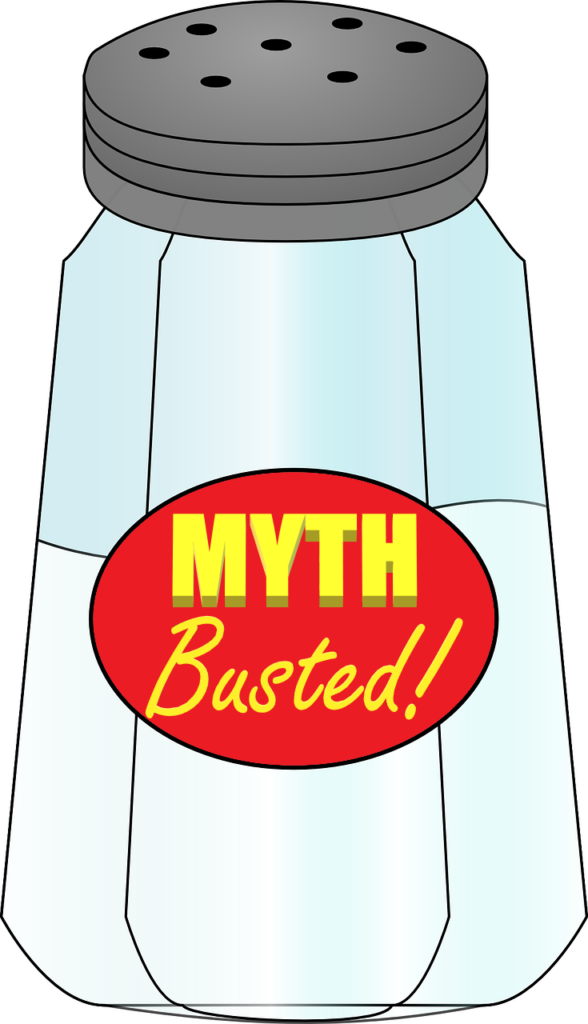[responsivevoice_button voice=”UK English Male” buttontext=”Listen to Post”]
We have heard it a thousand times, “I don’t use chlorine; I have a saltwater pool.” The truth about saltwater pools is that homeowners do not always understand that they are using chlorine and that the only difference between this and a tablet is the chlorine delivery system. So why do they insist that it is not a chlorine pool? Here is The Truth About Saltwater Pools
Sodium chloride (NaCl).
It is merely a combination or compound of elements taken directly from the periodic table. The Cl in NaCl is Chloride. It is in a group on the periodic table known as halogens and has an atomic number of 17.
For routine maintenance How To: Cleaning a Swimming Pool Salt Cell ?
Producing Chlorine
The truth about saltwater pools is that the salt cell separates bonded elements (compounds) and in such allows for complexation. It does this through a process called electrolysis.
When we add salt is to water, we form an aqueous NaCl solution; the compound then disassociates into Na and Cl–. Therefore, it is not producing chlorine. Instead, it is “charging” the element so that it can be chlorine. Once separated and in the salt cell, 2Cl– (Chloride) becomes Cl2 (Chlorine gas) + 2e– at the anode.
Electrolysis of Water
But wait, that’s not all. Do not forget that water (H2O) is also subject to electrolysis. Hydroxide is single hydrogen, and a single oxygen atom with a molecular bond formed in the electrolyzed water after the two hydrogen (H2) atoms separate from the Oxygen (O) atom. Some Hydrogen does become Hydrogen gas in the process. The Oxygen, as you can see from all of the “O” s above and below (i.e., HClO, ClO–, H2O, OH–), does not leave the water.
One in a Million
To simplify, we add 3,000 to 4,000 ppm of salt to a swimming pool (about 250 to 333 lbs per 10,000 gallons). Yes, this does also increase the Total Dissolved Solids level (1 pound of salt will increase the TDS of 10,000 gallons of water by 12 ppm). The saltwater solution we created passes through the electrolytic cell that contains electrically charged plates (a cathode and an anode). The sodium chloride separates into both Na (sodium) and Cl– (Chloride) in water. The Chloride becomes Chlorine Gas, then hypochlorous acid (HClO) and hypochlorite ion (ClO–). The combination of the two is known as FAC (Free Available Chlorine). The H2O separates and becomes hydrogen gas. Hydrogen’ bubbles off’ at the cathode and Oxygen collects at the Anode. This ‘bubbling’ due to electrolysis within the cell creates turbulence, which causes an increase in pH. This, and a complexation of NAOH.
The pH of salt
Wait a minute; I thought the pH was always high in a saltwater pool because the pH of salt is high? Not quite, NaCl has a pH of 7.0. The only way sodium chloride (table salt) will change the pH of water is if the starting pH is very low or very high, drawing the pH toward neutral upon addition. Do not forget, with a pH of 7.0, the closer to 7.0 the pH gets, the more salt it will take to change. Still skeptical? Try this: Take a sample of water with a pH of 7.0, add a teaspoon of salt and wait until dissolved. Do not shake the sample as turbulence can cause the pH of your sample to increase (that is an entirely different conversation). Retest your pH. Your pH will not have changed.
A Rising pH
In theory, SWGs will not change the pH of the water. In view, this is true. You start with a neutral salt and split it into Na and Cl- and put it all back into the water. In practice, the hydrogen produced is a gas, and because it is gas, it leaves the water. The hydrogen would usually neutralize the OH generated, but the hydrogen leaves creating turbulence in the water. A minute amount of sodium hydroxide is also produced.
Busting the Saltwater Pool Myth
When these chlorine generators first came about, the industry was extremely hungry for a magic pill, and so were the pool owners. A one-stop end-all used to treat all pool-related problems in one shot. Unfortunately, there were, among the many honest professionals, a few bad apples. In a snake oil salesperson kind of way, the capabilities of these systems were greatly exaggerated. “Get away from the harmful effects of chlorine,” “Never add chlorine again,” were just a couple of the phrases used to close the deal.
“You don’t want your kids to suffer from chlorine allergies, do you?” kicking it into a used car lot, borderline life insurance sales type pitch. “You’ll never have to adjust the pH, buy chlorine tablets, brush the walls, skim the surface, vacuum the pool, mow your lawn, empty the dishwasher, or make your bed – the saltwater system for your pool will do it all!” Okay, I strayed, but you get the point. Sadly, the Pool Operator is usually the one who has to explain how these things work to the often-doubting Facility manager or homeowner. Not only are they using chlorine in their pool, but technically they are a chlorine manufacturer. That’s the truth about saltwater pools.
A shout out to my references:
Aquarius Education and Public Outreach
National Center for Biotechnology Information

